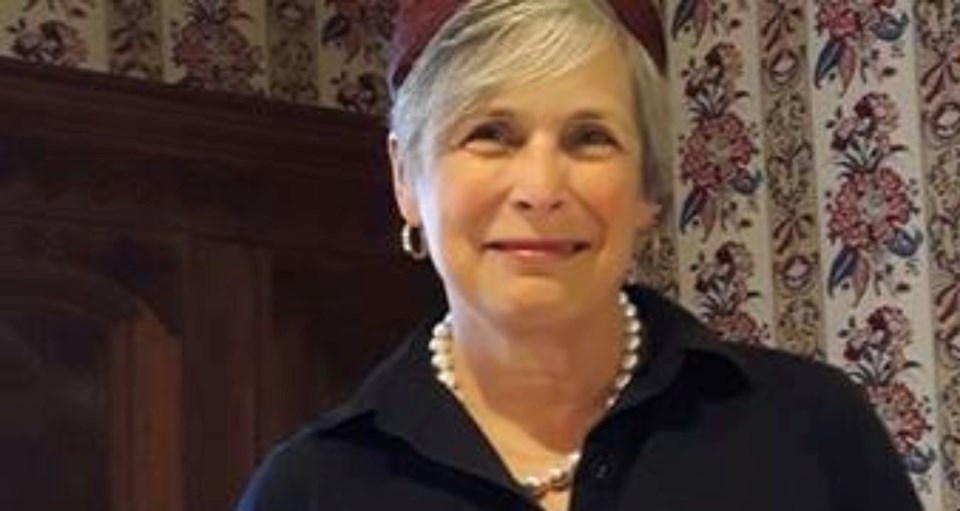These past months we have been hearing about ‘replacement theory’ in our newspapers, although probably even more frequently online in social media. Replacement theory has an eerie alliterative ring to it – that of replacement theology.
Replacement theology is a theology grounded in what has also been called supersessionism: the belief that New Testament supersedes and replaces the Old with the New. Many Christian theologians have claimed – and some continue to claim – that faith in Jesus effectively fulfills and thus replaces Judaism. However other Christians have written with clarity about how, particularly after the Shoah, such a theology is gravely dangerous. But how did such a theological position come about?
The authors creating the Gospels diminished Roman responsibility for the death of Jesus, probably, if not necessarily, out of political expediency. Instead they found Jewish culpability in this death. Jews were declared guilty of deicide. This accusation continues: one of my students was asked in Grade One why she killed Jesus.
As Christianity evolved, there was a declaration of its own message as universal –and one that should replace Judaism. It was claimed that the Jewish God of justice had been replaced by the Christian God of love. The continued survival of Jews, even in extended exile from our Land, was taken as a sign of divine rejection, incurred by continued denial that Jesus was the Messiah. Replacement theology stands on this ground of assumed rejection of God’s covenant with Jews.
This theology is known as Supersessionism or Replacement Theology or a theology of contempt.
Rabbi Sacks, of blessed memory, teaches that the idea this Christian notion of God’s rejection of the Jewish people, that “old Israel” must be rejected – that rejection must be what is rejected. This idea of a superseded Judaism, which led to far too many centuries of horrific persecutions and exiles, must be rejected, not Judaism.
But how has replacement theology fed into modern day replacement theory – or is it just a convenient turn of phrase?
Replacement theory today is rhetoric that has found a home in white supremacy. Many of you will remember the horror of watching khaki clad young men chanting “Jews Will Not Replace Us” on the University of Virginia campus, in 2017. “Jews will not replace us” is an irony of utter evil, as we recall the deaths of six million Jews at the hands of a race-obsessed Nazi system. Replacement = Rejection.
In the 15th century, the Spanish Inquisition set up the first national/religious based investigation over racial purity (Limpieza de Sangre”). These investigations were based on a racialized/blood belief that even those Jews who had converted to Catholicism brought impurity to the blood of “true” Catholics. We saw those same concerns about purity of blood a few centuries later in Germany, when in 1881 William Marr presented Jews as dangerous to the purity of Germanic peoples, in his book The Jewish Question. And then we saw the bloodline charts of Nuremburg.
One of the most cogent theses I have ever read on the nonsensical and dangerous ideas of blood purity was written by a Canadian, and published as part of the Massey lecture series. Lawrence Hill (The Book of Negroes) addresses in great detail what actually constitutes our identities – and it isn’t our blood.
Religious and racial hatreds are too often not far removed from each other, to the tremendous concern of all of us today. I invite us to hold our multiple histories as people of faiths and learn from those histories. No religion, no race replaces another.
Rabbi Lynn Greenhough is rabbi with Victoria’s Jewish Reform community – Kolot Mayim Reform Temple.
You can read more articles on our interfaith blog, Spiritually Speaking, HERE: /blogs/spiritually-speaking
* This article was published in the print edition of the sa╣·╝╩┤½├Į on Saturday, July 2nd 2022



